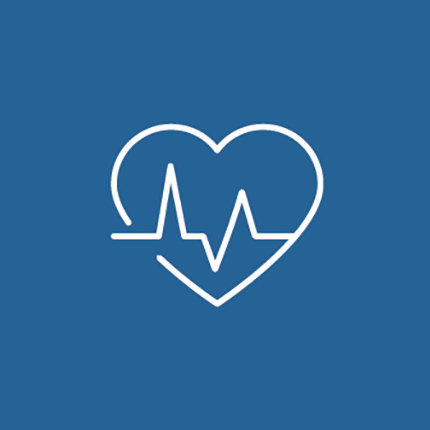Find a Cardiologist
Four Reasons to Keep Heart Arrhythmia in Check
You may think that a skip in your heart beat is something you can just let go. Little do you know that what you are ignoring might cause further complications in the long run.
As heart arrhythmia is the irregular beating of the heart, it wouldn’t necessarily have an immediate or direct impact on how a person is feeling at the moment. However, given that the heart is not beating normally, this means that it’s not pumping blood effectively. When this happens, it can have adverse effects on the major organs like the lungs and brain and all other organs.
What doesn’t hurt you now can be a cause for concern in the future if you don’t take the necessary precautions.
Here are four reasons why you should take heart arrhythmia seriously:
- It can lead to cognitive impairment and dementia
With reduced blood flow to the brain over time, Alzheimer’s disease and vascular dementia could be the results. - It can cause heart failure
Frequent arrhythmias can cause the lower chambers of the heart to be ineffective in pumping blood. Arrhythmia can increase the likelihood of heart failure, even more if you already have heart disease. - You can get a stroke
Arrhythmia can result to blood clots forming in the atria. If a clot makes its way to the brain, a stroke may occur. - You can suffer a heart attack
With arrhythmia, the heart may go on cardiac arrest and unexpectedly stop beating due to ventricular fibrillation.
Heart arrhythmia is something that can’t be taken lightly. If and when you experience heart arrhythmia, the first step should be to take an active stand on your heart’s health. Accepting that you have it is one thing but the keys are advanced detection and proper monitoring.
Management and Treatment
Talk with your doctor to make a plan that is right for your condition. To at least minimize the effects of arrhythmia, ensure that you maintain a healthy lifestyle. Keep your weight to an ideal level and stay active. Stress management is also important as well as having a proper diet and avoiding caffeine, tobacco and alcohol.
Keeping arrhythmia in check is the ideal approach but if treatment is needed, it’s actually quite simple.
Taking medications is a step. Depending on the condition of your arrhythmia, your doctor can prescribe medicines. Just make sure you take them exactly as prescribed. Don’t stop taking prescription medication unless told by your doctor or health provider.
In cases of recurring arrhythmia, an artificial pacemaker may be implanted to provide automatic correction when arrhythmia happens.
For concerns about your heart, talk with your doctor or health provider.
Sources:
National Institutes of Health
American Heart Association



